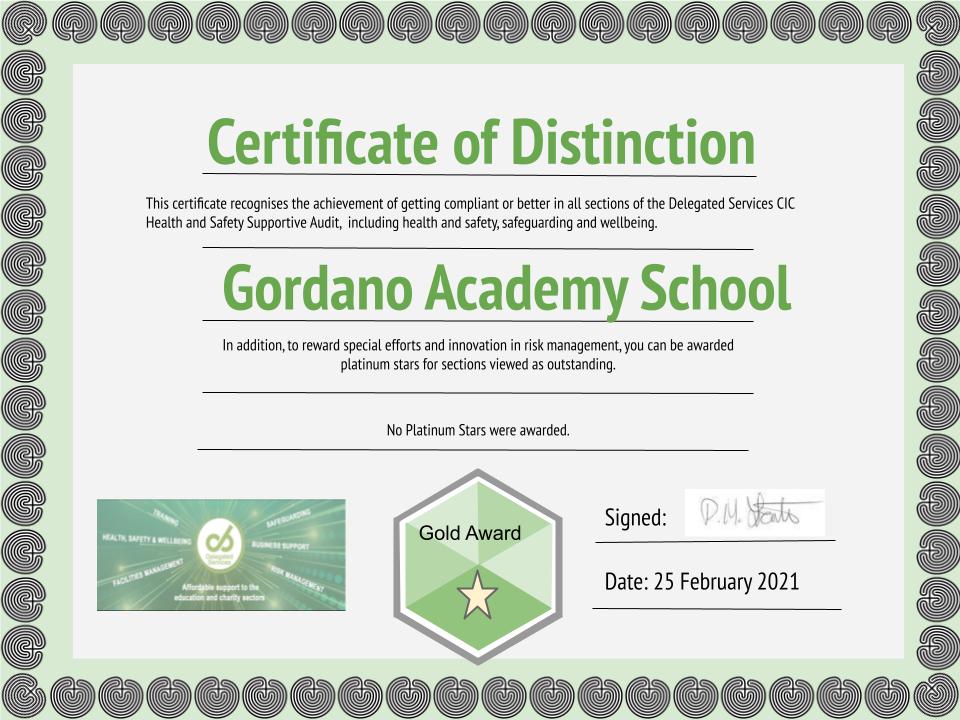Medical Science BTEC National AAQ
Course Description
The new Alternative Academic Qualification in Medical Science is equivalent to one full A Level and fully recognised by Universities. The course has been developed in consultation with higher education representatives and sector experts from associated professional bodies to ensure students have the knowledge, understanding and skills they need to progress to, and thrive, in higher education.
The overall qualification is graded as Pass, Merit, Distinction or Distinction Star.
| Contact: | Dr D Davidson | Exam Board: | AAQ/PEARSON |
| QAN: | 610/3958/5 | Subject Code: | Ms |
The Course
Year 12:
Unit 1 Principles of Human Physiology, Anatomy and Pathology
This examination unit will explore the biological principles that underpin medical science. Students will study how the human body functions at a cellular and tissue level. You will gain an understanding of the various organ systems – nervous, endocrine musculoskeletal, cardiovascular, respiratory, renal and digestive systems – and insight into how these systems interrelate. You will also study factors that affect health and how an understanding of such factors may help to make a positive impact upon our lives.
This is an externally examined unit in May/June of Year 12.
Optional Unit - specialist areas
The second unit to be studied in Year 12 will be chosen prior to the course by the course organiser. Current options include Diseases, Disorders, Treatments and Therapies, Biomedical Science and Human Reproduction and Fertility.
All optional units are internally assessed. This requires you to complete a Pearson Set Assignment Brief (PSAB), which is set by Pearson, marked by course teachers and is subject to external standards verification.
Assignments are graded Pass, Merit or Distinction. Distinction criteria represent outstanding performance in the unit.
Year 13:
Unit 2 Health Issues and Scientific Reporting
In this unit you will further develop your understanding of medical science through learning about contemporary health issues, alongside developing knowledge about scientific analysis, evaluation and reporting. There is a focus on health issues faced by the human population today. You will gain an understanding of diagnostic techniques, before focusing on health issues alongside associated initiatives including, cancer and various aspects of immune dysfunction, to the increasingly important world of genetics. You will learn how to research the impact of health initiatives through developing knowledge in how to interpret and analyse different forms of scientific information, from newspaper articles to scientific journals.
This is an externally examined unit in January of Year 13.
Unit 3 Practical Microbiology and Infectious Diseases
In this internally assessed unit you will investigate the effect of antimicrobial agents on the growth of microorganisms, by selecting and applying knowledge of microorganisms and infectious diseases. You will carry out your own investigation into the effect of antimicrobial agents on the growth of microorganisms.
This requires you to complete a Pearson Set Assignment Brief (PSAB), which is set by Pearson, marked by course teachers and is subject to external standards verification.
Assignments are graded Pass, Merit or Distinction. Distinction criteria represent outstanding performance in the unit.
Possible Subject Combinations
Psychology, Sociology, Chemistry and Physical Education and Sport.
This qualification can be studied alongside A Levels or other vocational courses.
Where can this course take me?
The course can lead to various HE degrees such as BSc (Hons) Nursing (Adult Health/Child Health/Mental Health), BSc (Hons) Psychology and BSc (Hons) Physiotherapy.
Assessment
The two-year Extended Certificate course comprises two exams (Units 1 and 2). External assessment makes up 58% of the course.
The remaining elements are two PSABs, therefore good IT and writing skills are essential. Exam retake opportunities are available on this course.








